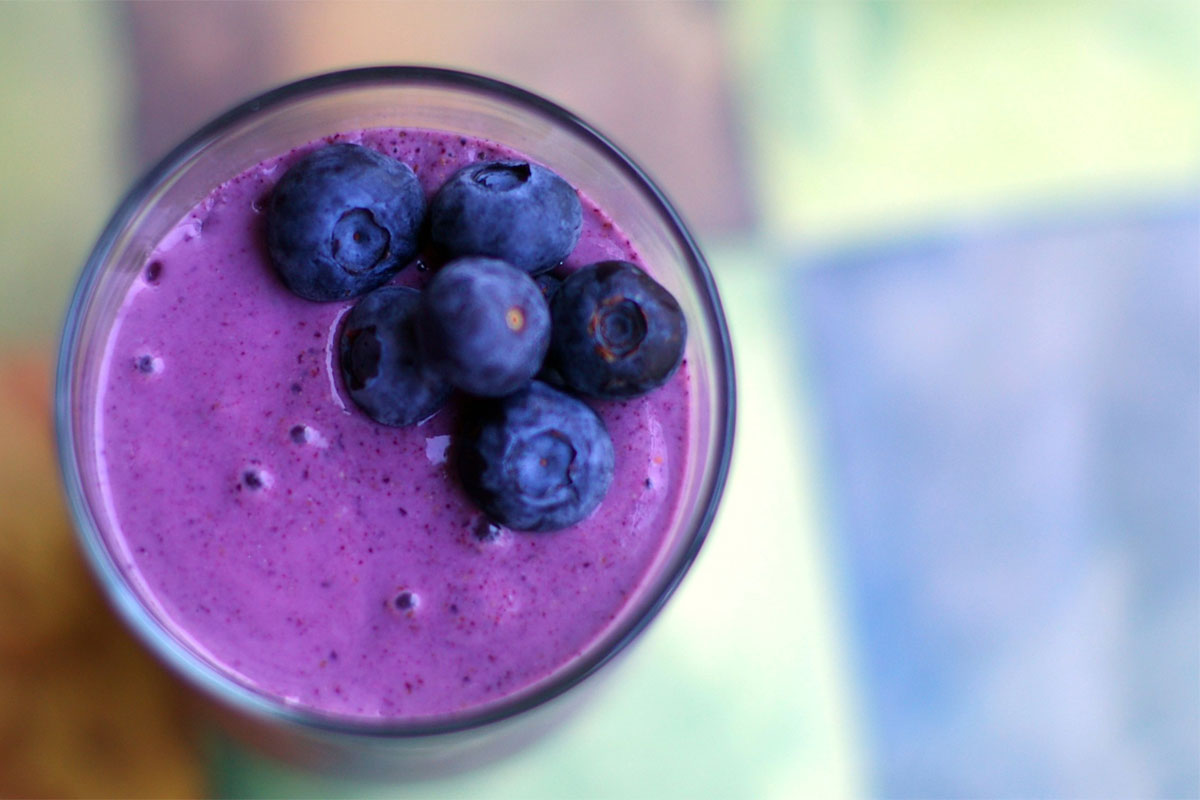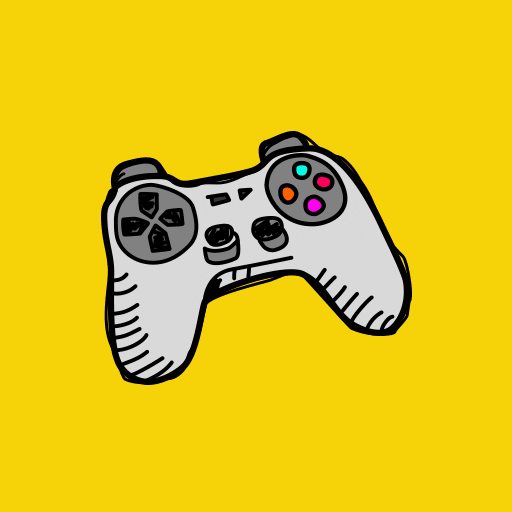Modern life exposes the human body to a steady stream of chemical and environmental toxins. These substances enter through the air we breathe, the water we drink, and the food we eat, often without any immediate warning signs. Under normal conditions, the body relies on an intricate detoxification network involving the liver, kidneys, digestive tract, lymphatic system, lungs, and skin to process and eliminate harmful compounds. This system evolved to handle naturally occurring toxins, not the volume and diversity created by industrial chemicals, pesticides, heavy metals, and synthetic additives.
When toxin exposure exceeds what the body can safely process, the detoxification system begins to fall behind. This state is commonly referred to as toxin overload. At first, the body compensates by working harder, redirecting energy toward detox pathways and inflammatory responses. Over time, however, these defenses can become strained, allowing toxins to accumulate in tissues, disrupt metabolic processes, and interfere with immune function. When this happens, subtle symptoms may appear long before a clear medical diagnosis is possible.
Where modern toxins come from
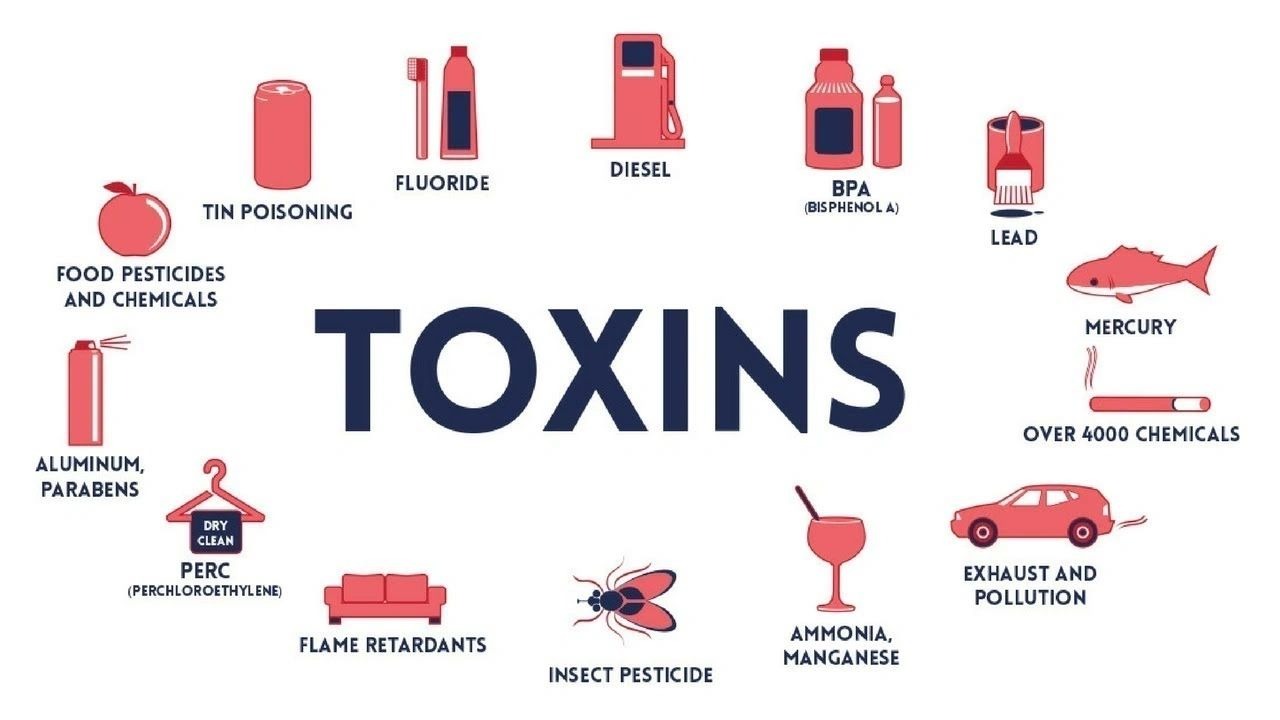
Toxins are no longer rare or isolated exposures. They are woven into everyday life through industrial activity, agriculture, food production, and urban environments. Air pollution remains one of the most widespread sources. Global health organizations have documented a steady rise in airborne pollutants over recent decades, exposing populations to fine particulate matter and chemical residues that enter the bloodstream through the lungs. These pollutants have been linked to respiratory disease, cardiovascular strain, and long-term neurological effects.
Food is another major pathway for toxin exposure. Agricultural chemicals such as pesticides and herbicides are widely used to increase crop yields, but residues often remain on produce and grains. Research has shown that children are particularly vulnerable to these compounds, as developing brains are more sensitive to chemical disruption. Even meals served in schools can contain trace pesticide levels, contributing to cumulative exposure over time.
Water contamination also plays a role. Industrial runoff, agricultural waste, and aging infrastructure can introduce toxic substances into drinking water. While regulations exist, they do not eliminate exposure entirely, especially when multiple low-level contaminants are present simultaneously.
One of the most discussed compounds in recent years is glyphosate, a chemical commonly used in weed control. It is sprayed extensively across farming regions and can travel far beyond its original application sites through wind, water, and food distribution networks. As crops are transported nationwide, so too are trace amounts of agricultural chemicals. These compounds do not remain confined to plants; they can accumulate in animals that consume treated feed, making animal-based foods another potential source of exposure.
Heavy metals further complicate the picture. Mercury, arsenic, lead, and cadmium can enter the body through contaminated water, certain foods, and environmental exposure. These metals are particularly problematic because they bind tightly to tissues and are difficult for the body to eliminate once absorbed. Long-term accumulation has been associated with neurological damage, hormonal disruption, and impaired immune response.
Some modern toxins act in unexpected ways. Certain agricultural chemicals function like antibiotics, altering the balance of beneficial bacteria in the gut. This disruption can weaken digestion, impair nutrient absorption, and compromise immune defenses. Additionally, some toxins bind to essential minerals, antioxidants, and vitamins, reducing their availability and further stressing detoxification systems.
Common signs your body may be overwhelmed by toxins
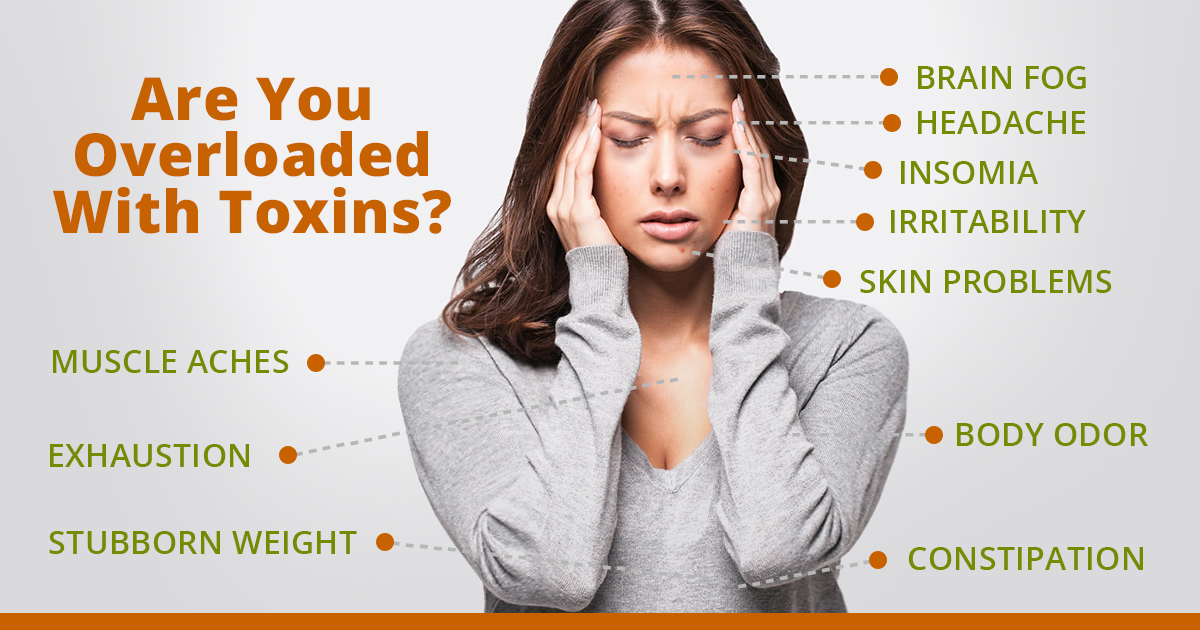
When toxin exposure begins to exceed the body’s capacity to eliminate waste efficiently, early warning signs often appear. These symptoms can resemble minor illnesses or temporary discomfort, which is why they are frequently ignored. Early detox reactions may include digestive disturbances such as diarrhea or nausea, increased mucus production leading to sneezing or coughing, frequent urination, sore throat, heartburn, nasal congestion, or episodes of vomiting. Changes in skin oil production or body odor can also occur as the skin attempts to assist with toxin elimination.
As overload persists, symptoms may become more systemic. Chronic fatigue is one of the most common complaints, often accompanied by difficulty concentrating or memory lapses. Sleep disturbances can develop as detox pathways interfere with normal hormonal rhythms. Inflammatory skin conditions such as eczema, joint issues like gout, persistent low mood, and brain fog may also emerge. These symptoms do not appear randomly; they reflect the body’s attempt to cope with ongoing chemical stress while maintaining basic function.
Because these signs overlap with many other conditions, toxin overload often goes unrecognized. People may treat individual symptoms without addressing the underlying burden placed on detoxification systems. Understanding these patterns is an important step toward restoring balance.
Identifying toxin overload in the body
Determining whether the body is suffering from toxin overload is not always straightforward. Many of the symptoms associated with excessive toxin exposure overlap with those of chronic stress, hormonal imbalances, autoimmune conditions, or nutritional deficiencies. Because of this overlap, toxin overload is rarely diagnosed as a standalone condition. Instead, it is often identified through a combination of careful observation, medical evaluation, and lifestyle assessment.
Healthcare practitioners typically begin by examining daily habits, occupational exposure, diet, and environmental factors. Long-term exposure to chemicals at work, frequent consumption of processed foods, poor air quality, and reliance on non-filtered water can all increase the likelihood of toxic accumulation. A physical examination may reveal signs of systemic inflammation, digestive disruption, or immune dysfunction that point toward detoxification strain.
Laboratory testing can offer additional clues. Blood and urine tests may reveal elevated levels of certain chemicals, heavy metals, or metabolic byproducts associated with impaired detox pathways. While these tests cannot always capture the full picture, they can help rule out other conditions and support a broader assessment of toxic burden. Diagnosis is less about finding a single toxin and more about recognizing a pattern of overload affecting multiple systems.
Supporting recovery from toxic overload
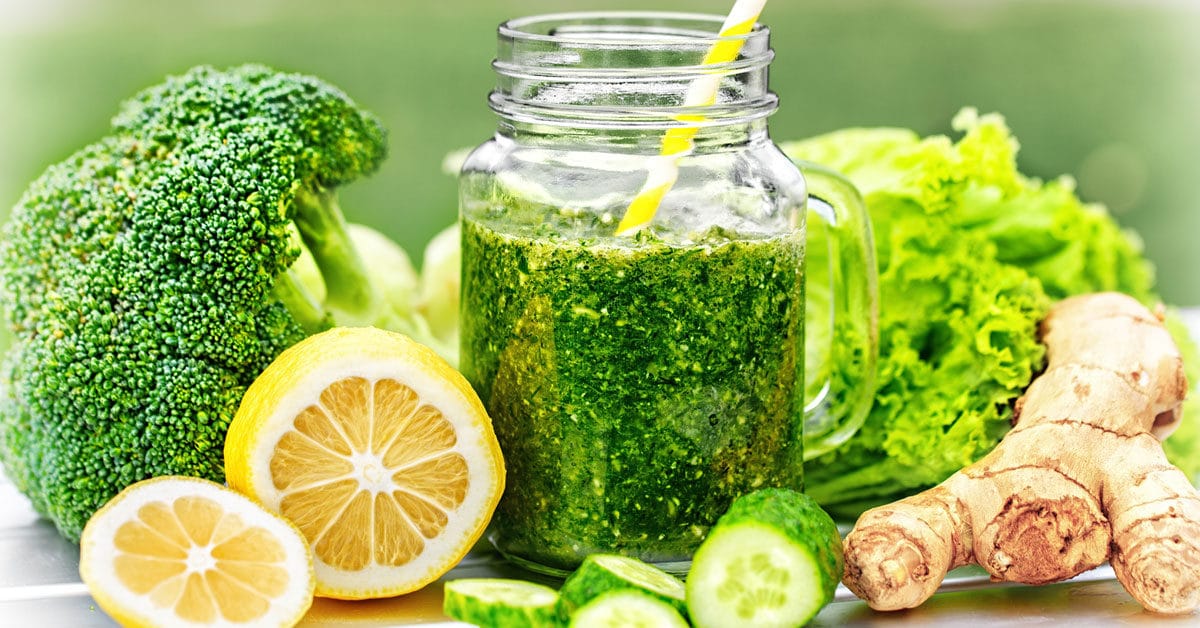
The body has an inherent ability to detoxify itself when provided with the right conditions. Rather than relying on aggressive or invasive procedures, effective recovery focuses on reducing incoming toxins while strengthening the organs responsible for elimination. The liver plays a central role in this process, filtering blood and converting harmful compounds into forms that can be excreted safely.
Dietary changes are often the first step. Reducing or eliminating foods that place additional strain on detox systems allows the body to redirect energy toward repair. Dairy products, eggs, fish, red meat, poultry, heavily processed foods, alcohol, caffeine, and nicotine are commonly reduced during detoxification periods. Certain non-organic crops, particularly wheat, corn, and soy, may also contribute to chemical exposure due to agricultural treatment practices.
At the same time, nutrient-dense foods that support detoxification are emphasized. Organic green vegetables provide fiber and antioxidants that assist liver function. Fresh herbs, whole grains such as quinoa and oats, and legumes like mung beans and red lentils help stabilize blood sugar and supply essential minerals. Soaking grains and beans before cooking improves digestibility and reduces compounds that interfere with nutrient absorption.
Specific foods are traditionally associated with liver support. Dandelion greens, parsley, cilantro, turmeric, wheatgrass, and milk thistle have been used across cultures to aid detox pathways. Adequate hydration is equally important. Drinking warm water throughout the day supports digestion and encourages waste elimination through the kidneys.
Lifestyle factors also influence detox capacity. Exposure to electronic devices late at night can suppress melatonin production, interfering with sleep and repair processes. As people age, particularly after midlife, detoxification efficiency naturally declines, making supportive habits even more important. Chronic immune stress can further slow elimination pathways, allowing toxins to linger longer in tissues.
Personal care products are another often overlooked source of exposure. Many soaps, shampoos, cosmetics, and household cleaners contain synthetic fragrances and chemicals that are absorbed through the skin. Switching to fragrance-free, minimally processed alternatives can significantly reduce daily toxin intake without major lifestyle disruption.
Breathing practices play a direct role in detoxification. Deep breathing and gentle movement encourage lung function and lymphatic circulation, helping the body release gaseous waste products. Activities such as yoga and controlled breathing exercises support this process while also reducing stress hormones that interfere with liver function. Spending time outdoors and increasing exposure to fresh air further enhances these effects.
Detoxification and whole-body health
Modern integrative health approaches recognize that detoxification is not purely physical. Emotional stress, unresolved psychological tension, and chronic anxiety can all affect hormonal balance and immune response, indirectly increasing toxic load. Practices such as meditation, counseling, and stress management are increasingly viewed as essential components of long-term detox support.
Some wellness centers integrate nutrition guidance, sleep optimization, stress counseling, genetic analysis, and advanced diagnostics to create individualized detox strategies. These approaches emphasize gradual change rather than extreme cleansing, focusing on sustainable habits that reduce exposure and strengthen resilience over time.
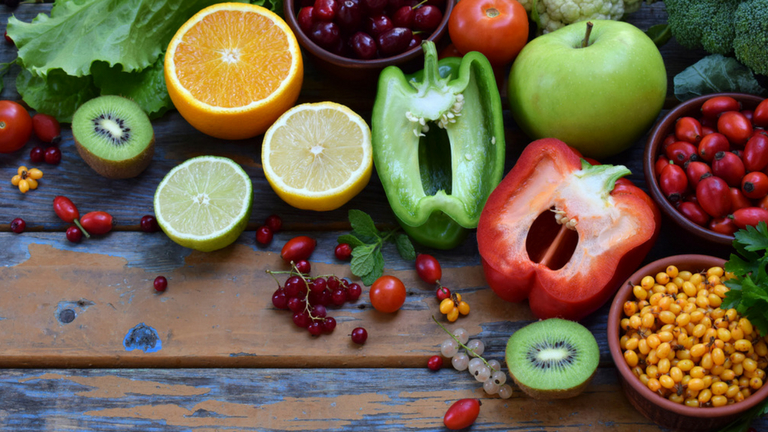
Detoxify your body
For thousands of years, different cultures have recognized that the body needs periods of rest, cleansing, and renewal. Ancient medical systems such as Ayurveda and traditional Chinese medicine viewed detoxification as a natural rhythm rather than a one-time intervention. Practices like fasting, herbal cleansing, breathing exercises, and meditation were designed to reduce internal stress and support the body’s ability to heal itself. Modern detoxification principles build on these ideas, adapting them to today’s environmental challenges.
How detoxification actually works
Detoxification is not a single process but a coordinated system involving multiple organs working together. The bloodstream acts as the main transport route, carrying nutrients to cells and waste products away from them. The liver plays a central role by filtering blood and transforming fat-soluble toxins into water-soluble compounds that can be eliminated safely.
Once processed by the liver, toxins are routed through several exit pathways. The kidneys filter waste into urine, the intestines remove toxins through bile and stool, the lungs release volatile compounds through exhalation, the lymphatic system transports cellular waste for removal, and the skin eliminates small amounts of toxins through sweat. When these systems function efficiently, detoxification occurs continuously without noticeable symptoms.
Problems arise when one or more of these pathways become sluggish. Poor digestion, dehydration, sedentary lifestyle, chronic stress, and nutrient deficiencies can all slow elimination. A structured detox program helps by reducing the intake of new toxins while supporting organs responsible for clearance. This approach allows the body to recover balance rather than forcing detoxification through extreme measures.
Effective detox programs typically provide several benefits at once. They give overworked organs a break from constant processing, stimulate liver activity, improve elimination through the digestive tract, enhance circulation, and replenish nutrients that support cellular repair. When done properly, detoxification strengthens natural defenses rather than weakening them.
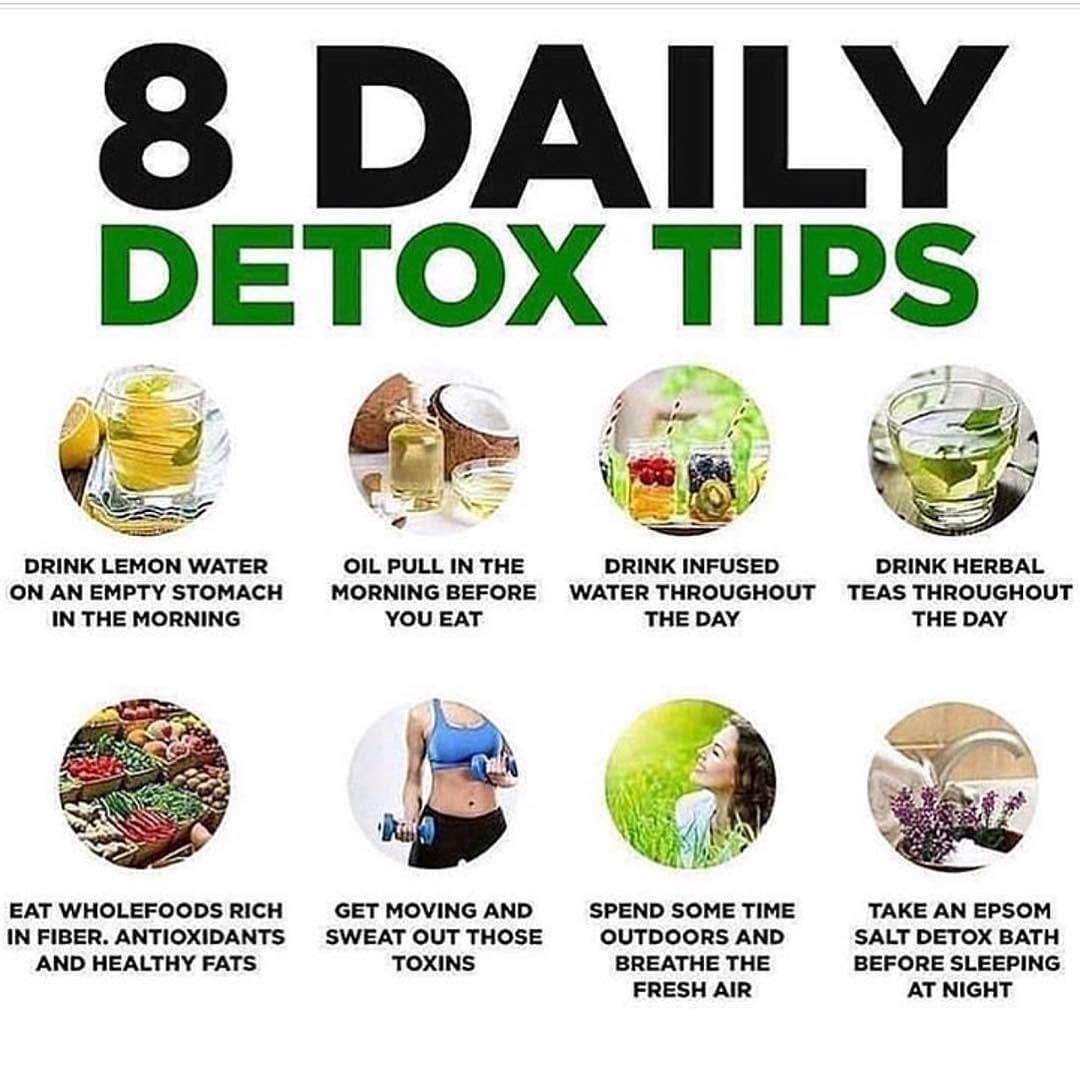
Knowing when your body may need detox support
Many health practitioners suggest that gentle detoxification can be beneficial once or twice a year, particularly for individuals exposed to environmental pollutants or high levels of stress. However, detox programs are not appropriate for everyone. Nursing mothers, young children, and individuals with serious chronic illnesses should approach detoxification with caution and professional guidance.
Certain warning signs may indicate that detox pathways are under strain. Persistent fatigue without a clear cause, sluggish digestion, frequent bloating, irritated or inflamed skin, recurring allergies, low-grade infections, puffy or darkened eyes, hormonal irregularities, and difficulty concentrating can all suggest toxic burden. These signs do not guarantee toxin overload, but they may signal the need for lifestyle adjustments that support elimination and recovery.
Listening to the body is critical. Detoxification should never feel punishing or extreme. When symptoms worsen dramatically, it often indicates that elimination pathways are overwhelmed rather than supported.
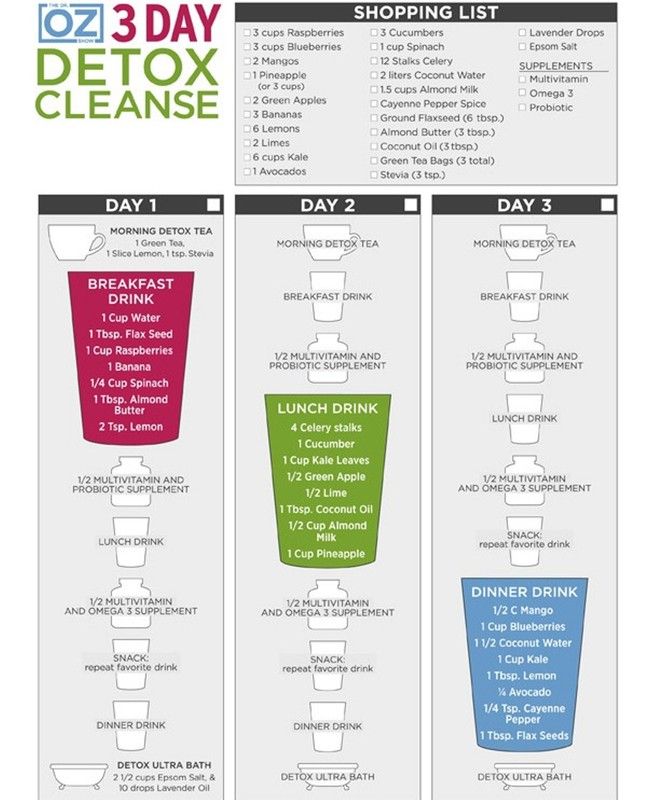
Beginning a detox safely and effectively
The first step in detoxification is reducing exposure. Removing alcohol, coffee, cigarettes, refined sugars, and saturated fats lowers the immediate burden on detox organs. Equally important is addressing chemical exposure in daily life. Household cleaners, synthetic fragrances, and personal care products can contribute significantly to toxic load when used regularly.
Stress reduction is often overlooked but essential. Chronic stress releases hormones that interfere with liver function and digestion, slowing detoxification. Practices such as yoga, qigong, meditation, and mindful breathing help regulate stress responses and support metabolic balance. These techniques improve circulation and lymphatic flow, enhancing the body’s ability to remove waste.
Choosing the right detox approach
Detox programs vary in intensity and duration. Short programs may involve a two-day liquid fast or a seven-day dietary reset focused on whole foods. Longer approaches can include five-day detox diets or three- to seven-day juice protocols. Each method has different effects, and the right choice depends on individual health status, lifestyle, and experience.
Common detox approaches include fruit- and vegetable-based plans, smoothie cleanses, juice programs, sugar elimination protocols, and hypoallergenic diets designed to reduce immune stress. The goal is not deprivation but temporary simplification, allowing the body to redirect energy toward repair and elimination.
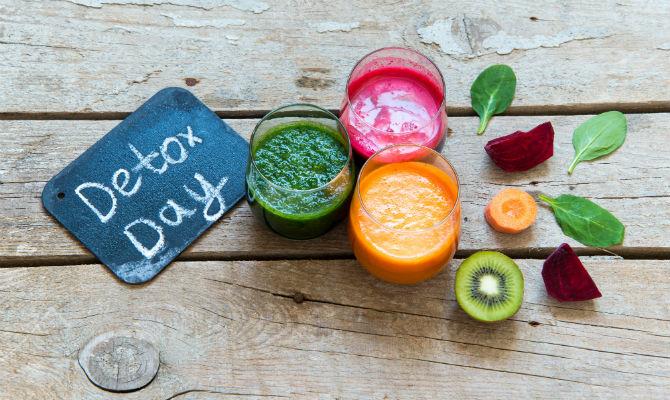
10 ways to detoxify your body
Detoxification works best when it is supported through multiple pathways at the same time. The following methods focus on assisting the liver, digestive system, lungs, skin, and lymphatic flow, while also reducing new toxin exposure. Each method plays a distinct role and should be viewed as part of a combined approach rather than a standalone solution.
1. Increase fiber intake through whole foods
Fiber binds to waste products and toxins in the digestive tract, helping move them out of the body before they are reabsorbed. Vegetables, leafy greens, whole grains, legumes, seeds, and low-sugar fruits improve bowel regularity and support bile elimination, which is essential for removing fat-soluble toxins processed by the liver.
2. Support the liver with detox-friendly herbs
The liver is the primary detox organ, and certain herbs are traditionally used to support its function. Dandelion root and greens encourage bile flow, milk thistle supports liver cell regeneration, turmeric reduces inflammation, and cilantro may assist with binding heavy metals. These herbs work best when combined with a nutrient-dense diet.
3. Ensure adequate vitamin C intake
Vitamin C is a powerful antioxidant that protects cells from oxidative damage caused by toxins. It also supports immune function and helps neutralize harmful compounds during detoxification. Fresh fruits, vegetables, and whole-food sources are preferable to high-dose synthetic supplements unless medically advised.
4. Stay properly hydrated
Water is essential for flushing toxins through the kidneys and supporting lymphatic circulation. Insufficient hydration slows detox pathways and increases toxin concentration in the blood. Drinking water consistently throughout the day, rather than in large amounts at once, helps maintain steady elimination.
5. Practice deep breathing regularly
The lungs are a major detox organ, releasing carbon dioxide and volatile toxins with each breath. Shallow breathing limits this process. Slow, deep breathing improves oxygen delivery, supports lymphatic drainage, and reduces stress hormones that interfere with detoxification.
6. Reduce emotional and psychological stress
Chronic stress acts as a toxin itself. Elevated stress hormones impair digestion, slow liver function, and disrupt immune balance. Practices such as meditation, gentle movement, mindfulness, and emotional regulation help lower this internal toxic burden and allow detox systems to function more efficiently.
7. Use hydrotherapy to stimulate circulation
Alternating warm and cool water during showers can improve blood flow and stimulate lymphatic movement. This process encourages waste removal from tissues and supports circulation without placing stress on the body.
8. Promote sweating through sauna or heat exposure
Sweating allows the body to eliminate certain toxins through the skin. Moderate sauna use or other forms of controlled heat exposure can assist detoxification, provided hydration and mineral balance are maintained.
9. Support lymphatic flow with dry brushing or foot baths
The lymphatic system does not have its own pump and relies on movement and stimulation. Dry brushing the skin or using warm foot baths can encourage lymphatic drainage, helping transport waste products toward elimination pathways.
10. Engage in regular physical movement
Movement improves circulation, supports digestion, and enhances lymphatic flow. Activities such as yoga, walking, light strength training, jump rope, or qigong help the body release stored waste and maintain detox efficiency without excessive strain.
Important note on detox practices
Detoxification should always be approached as a supportive process, not an extreme cleanse or punishment. Individuals with medical conditions, those who are pregnant or nursing, or anyone experiencing severe symptoms should seek professional guidance before beginning any detox program.

